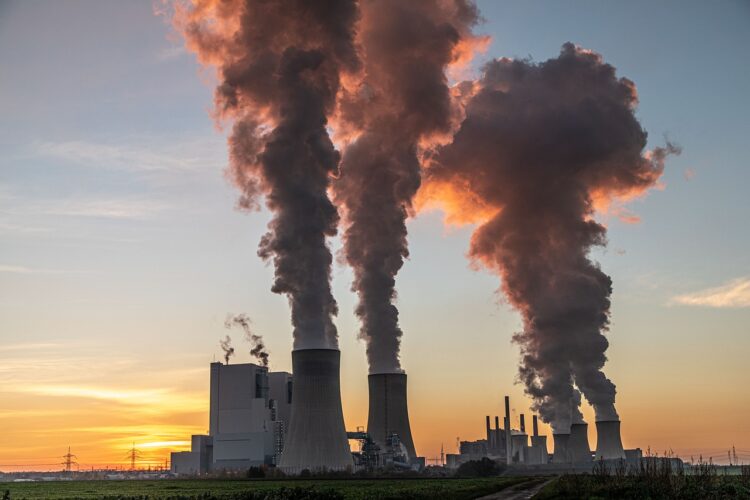Understanding Global Warming: An Essential Guide for Beginners
Global warming represents one of the most pressing issues of our time. As awareness grows, understanding the fundamental aspects of global warming is crucial for everyone. This comprehensive guide aims to demystify the concept, causes, and consequences of global warming, catering especially to beginners. By integrating seamless explanations with robust data, this article provides a solid foundation for understanding and addressing global warming effectively.
What is Global Warming?
At its core, global warming refers to the ongoing rise in global average temperatures, primarily caused by the increased concentrations of greenhouse gases in the Earth’s atmosphere. These gases, which include carbon dioxide (CO2), methane (CH4), and nitrous oxide (N2O), trap heat from the sun, preventing it from escaping back into space, thus warming the Earth’s surface.
The Greenhouse Effect
The greenhouse effect is a natural process that warms the Earth’s surface. Without it, our planet would be too cold to sustain life as we know it. However, human activities, particularly fossil fuel burning and deforestation, have intensified this effect, leading to higher temperatures and significant environmental changes.
Causes of Global Warming
The escalation of global warming is largely attributed to human activities. The primary sources include:
- Burning of Fossil Fuels: Coal, oil, and natural gas are major energy sources that, when burned, emit large amounts of CO2.
- Deforestation: Trees absorb CO2, and cutting them down reduces the Earth’s capacity to store this greenhouse gas.
- Agriculture: Industrial agricultural practices produce significant methane emissions from livestock and agricultural soils.
- Industrial Processes: Many industrial activities release various greenhouse gases into the atmosphere.
Impacts on Climate Change
These human-induced factors significantly accelerate the pace of climate change, exacerbating the natural greenhouse effect and leading to erratic weather patterns, rising sea levels, and diverse ecological impacts.
Consequences of Global Warming
The ramifications of global warming are far-reaching, affecting almost every aspect of the environment and human life:
- Rising Sea Levels: As global temperatures rise, glaciers and ice caps melt, leading to higher sea levels, which can cause coastal flooding.
- Extreme Weather: The frequency and intensity of hurricanes, droughts, heatwaves, and heavy rainfall are increasing, leading to severe socio-economic impacts.
- Threat to Wildlife: Many species are being forced out of their natural habitats, facing extinction due to rapid climate changes.
- Economic Impacts: Agriculture, water resources, and even energy production are heavily affected by the changing climate, impacting economies globally.
Global Efforts to Mitigate Global Warming
In response to the urgent need to address global warming, countries worldwide are taking measures to mitigate its effects. Significant global initiatives include:
- Paris Agreement: An international treaty committed to reducing carbon emissions to limit global warming to well below 2, preferably to 1.5 degrees Celsius, compared to pre-industrial levels.
- Renewable Energy: Increasing the use of renewable energy sources like wind, solar, and hydroelectric power aims to reduce dependence on fossil fuels.
- Energy Efficiency: Improving energy efficiency in industries, buildings, and transportation helps reduce overall greenhouse gas emissions.
- Reforestation Projects: Planting more trees and restoring forests to capture more CO2 from the atmosphere.
How Can Individuals Help?
While global efforts are crucial, individual actions also play a significant role in combating global warming. Simple steps include:
- Reducing energy consumption by turning off lights and electronics when not in use.
- Using public transport, cycling, or walking to decrease carbon footprints.
- Supporting policies and products that are environmentally friendly.
- Educating others about the importance of reducing greenhouse gas emissions.
Conclusion
Global warming is an intricate and multifaceted issue, but understanding its basics is the first step towards meaningful action. As individuals and as a collective, acknowledging the causes and consequences of global warming is imperative. By embracing sustainable practices and supporting efforts to reduce greenhouse gas emissions, we can all contribute to a cooler, more sustainable planet.











